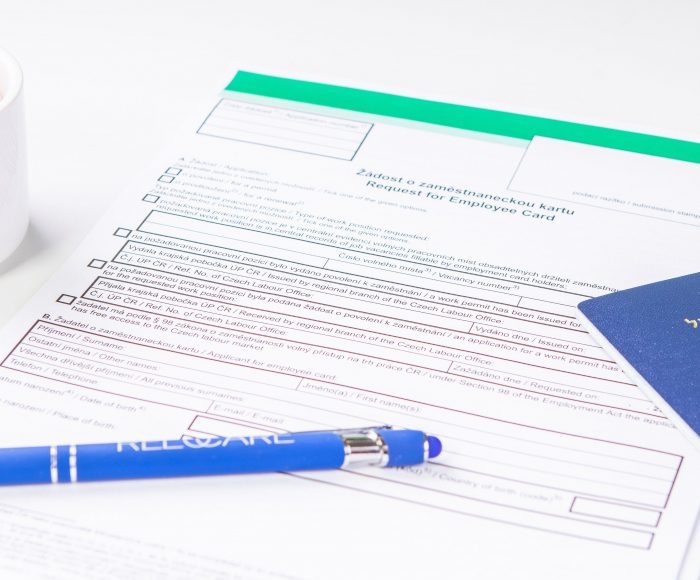If you are a foreigner looking to move to the Czech Republic, you wouldn’t be alone, especially not in Prague.
According to the latest census, over 1,3 million people live in the city and, with the active workforce numbering approximately 700,000, it is estimated that more than 25% of them are not Czech natives.
Overall, in the country, the number of foreigners with permanent or temporary residence has reached close to 600,000 people. This number does not consider those who can legally stay in the country without a permit, via Schengen visas or by being an EU citizen.
So, while you will face many expected challenges in your moving process, we have some information for you to make one of the bigger ones, finding a place to rent, a bit easier.
As a matter of fact, this is a task that can be more challenging than anticipated in the Czech Republic.
The Prague housing market is overheated.
Moving to a new country and renting property there, where you may not have any connections, can prove demanding. You need to scout properties for rent, get in touch, get appointments and plan specific periods for your visits to ensure that you get to double-check any house or apartment that catches your eye.
This is a lengthy process with which you might want to take your time, if nothing else to ensure the most comfortable living space for you and your family. After all, the overall process is expected to take about 2-4 weeks if you are flexible with your demand, with 7-10 days dedicated only to the contract drafting and negotiating. While it might be stressful that your negotiation takes so long, well, in the Czech Republic things just take longer.
The landlords will expect your move between 2-4 weeks so if you plan to stay in temporary accommodation for 60 days, for example, you should start your search about 4-6 weeks before your booking ends.
However, the Prague housing market is so dynamic that you cannot wait to provide confirmation on a property you like as that could lead you, in the end, to lose your favourite option.
Why is the market so “overheated”?
This is mostly due to the following two factors:
- Prague’s building approvals – the municipality offers a limited quota of new units
- The city high rate of tourism
Since the Czech Republic has some of the longest and most complicated building procedures in the world, Prague has been slow in its development. While more and more people were moving to the city, not enough properties were being built to sustain the increased demand for accommodations.
Now, this fact makes any standing property an extremely hot commodity, giving landlords the power to actually pick and choose their tenants.
In addition to the limitation of the city hall to the developers of real estate, the Czech Republic generally lacks professional construction employees. New development needs to book work years ahead. The price of the constructions are rising and, as a result, the price of the purchase of properties has increased as well. For investors who purchase an apartment and expect a certain return, the immediate solution is the increase of the rental price.
Moreover, the number of available properties is further reduced by the high tourism in the city. With over 8 million visitors to the city of Prague in 2019 alone, it is no wonder that many landlords prefer more profitable short-term rentals over long-term ones and simply earn more. However, this is not the case during 2020 and the beginning of 2021 as a result of the COVID-19 pandemic.
How do you navigate such a market?
It is not only foreigners that are confronted with these renting challenges in Prague: locals are subjected to them too. However, while this further increases the competition, it doesn’t do so for every property.
The Prague housing market can be roughly divided into two sides: affordable properties also sought after by locals and more expensive ones, mostly rented by foreigners and companies.
The price that demarks this separation is usually around 25.000 CZK: a local would rather become a homeowner and pay such an amount to a bank as their mortgage monthly payment than pay it as rent.
To summarize, going for a more expensive property will provide you with more time to make a final decision, given the lower competition, but will require a higher budget.
Whereas, a more affordable property will, given the higher rate of competition, require you to perform as much research as possible beforehand to be ready to confirm your interest promptly after a viewing as apartments might become unavailable very quickly.
Now that you are equipped with this basic knowledge of the Czech housing market, we wish you the best of luck in your apartment hunting!
And if you need any more tips or help, we here at ReloCare are there for you!




